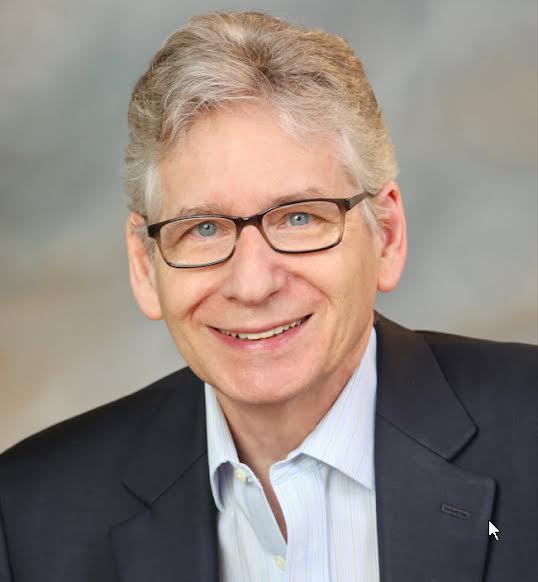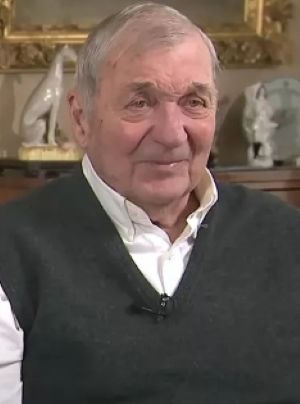Harrison Ruffin Tyler died Memorial Day weekend, 2025, in a Richmond, Va., nursing home. His death made few headlines beyond obituary pages — just another 96-year-old passing away. But Tyler’s death severed something extraordinary. He was President John Tyler’s grandson. Not great-great-great-grandson. Grandson.
John Tyler was born when George Washington was president. He knew Thomas Jefferson personally. His grandson lived through Joe Biden’s presidency and the iPhone launch.
How? Tyler men had kids very late in life. The president was 63 when Tyler’s father was born in 1853. The father was 75 when Harrison entered the world in 1928. Three generations, 235 years, from the founding fathers to TikTok.
A genealogical curiosity, yes, but also a window into something we’re losing faster than we realize: the last human bridges to events we think are ancient history.
My grandparents immigrated from Poland at the turn of the 20th century. They lived through the Spanish flu, two World Wars and the birth of the automobile age. They could have told me what it was like to watch America transform from horses to jet planes through the eyes of newcomers to a rapidly modernizing country.
I never asked. They died when I was young and couldn’t imagine their past mattering to my future. Now, I’d give anything to hear their voices again — to know what it felt like to start over with nothing, what their grandparents told them about the old country, about watching America transform around them.
That regret drives this essay. Because every day, more bridges like my grandparents are disappearing.
It also showed me how close the past really is. If you’re 30 and your grandmother is 85, she would have known people born in the 1890s. Those people grew up hearing Civil War stories from actual veterans. Your grandmother might be two conversations away from someone who shook hands with Abraham Lincoln.
We don’t think of Grandma as a time traveler. We see her struggling with smartphone photos. We forget she’s carrying memories that exist nowhere else on earth.
The Conference on Jewish Material Claims Against Germany reports that 220,800 Holocaust survivors are still alive across 90 countries, but nearly 50 percent will die within six years. Each death closes a direct channel to history’s most documented genocide, while Holocaust denial spreads rapidly on social media.
Similar demographic cliffs await everywhere. The last people who remember America before modern antibiotics. This is the generation that lived through legal segregation. Those who witnessed America’s shift from rural to digital life. And it’s happening all at once.
Witnesses aren’t perfect — memory fades, perspectives shift — but they carry something irreplaceable: the human reality behind historical abstractions.
When the Civil Rights Movement feels like ancient history rather than your neighbor’s story, it changes how you think about continuing struggles. When World War II becomes just another textbook chapter instead of your grandfather’s survival, warnings about authoritarianism become easier to dismiss.
We’re losing the connective tissue between past and present that makes history feel real, urgent and personal.
Holocaust memory works because institutions deliberately built preservation systems. The USC Shoah Foundation recorded more than 55,000 interviews. The U.S. Holocaust Memorial Museum maintains tens of thousands of oral histories.
Comprehensive infrastructures don’t exist for other vanishing populations. Scattered university projects document some voices, but nothing approaches Holocaust preservation. Who’s systematically capturing the last generation that remembers pre-Civil Rights America?
The efforts exist in fragments. We’re still letting most bridges burn.
Every 90-year-old you know is a walking archive: the woman at church, the veteran at the VFW, the grandfather who repeats his stories. They are bridges to eras that shaped our world.
Time guarantees those bridges will fall. The question is whether we’ll preserve what we can first.
Harrison Tyler’s death closed a 235-year link to the founding era. My grandparents’ bridge burned decades ago, and I can’t get it back. But yours doesn’t have to. Ask. Record. Preserve.
Once they’re gone, they’re gone forever.
Who are your living bridges to history? How far back does your family’s memory reach? Share your story because these connections matter more than we realize.


